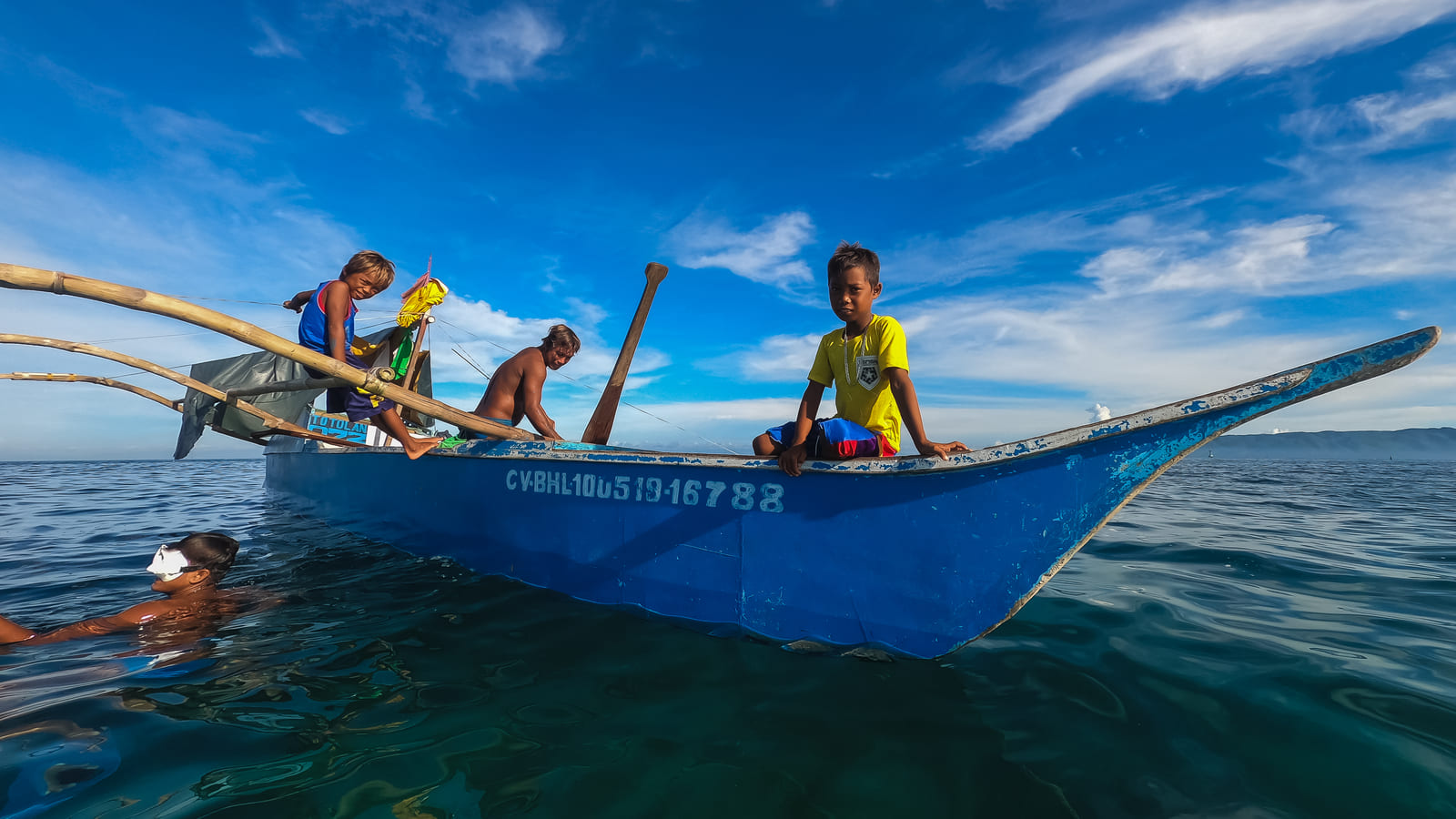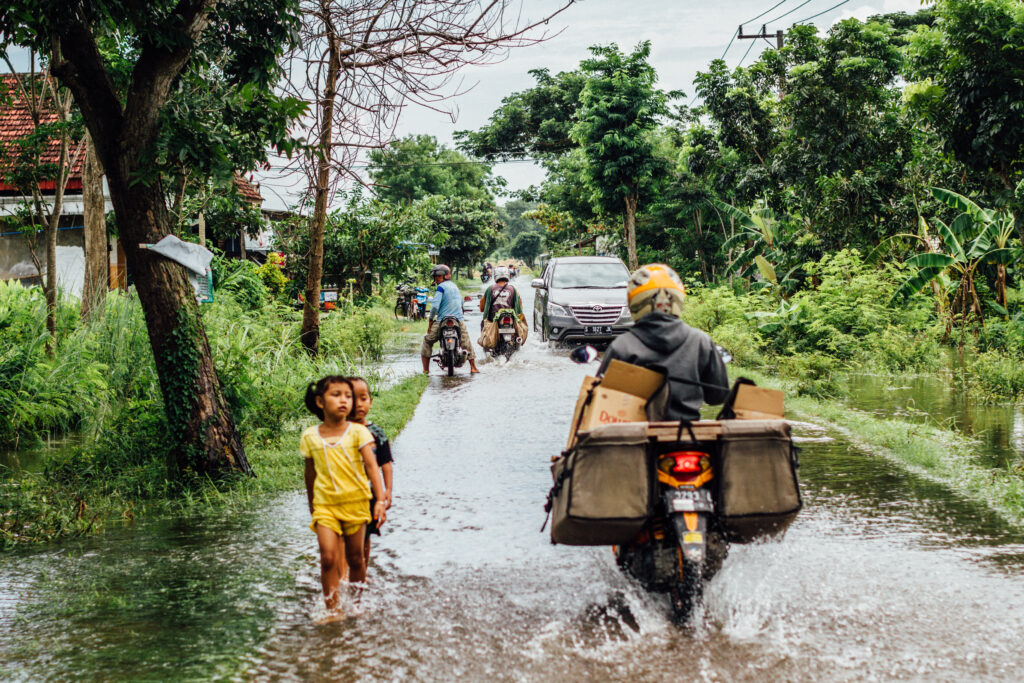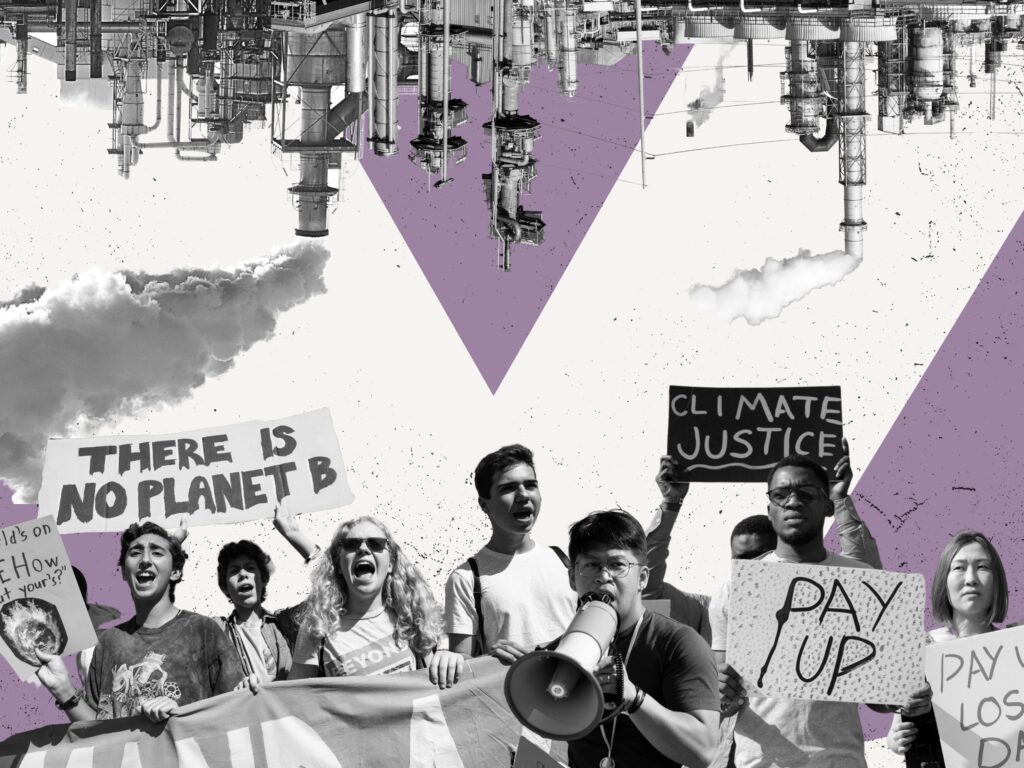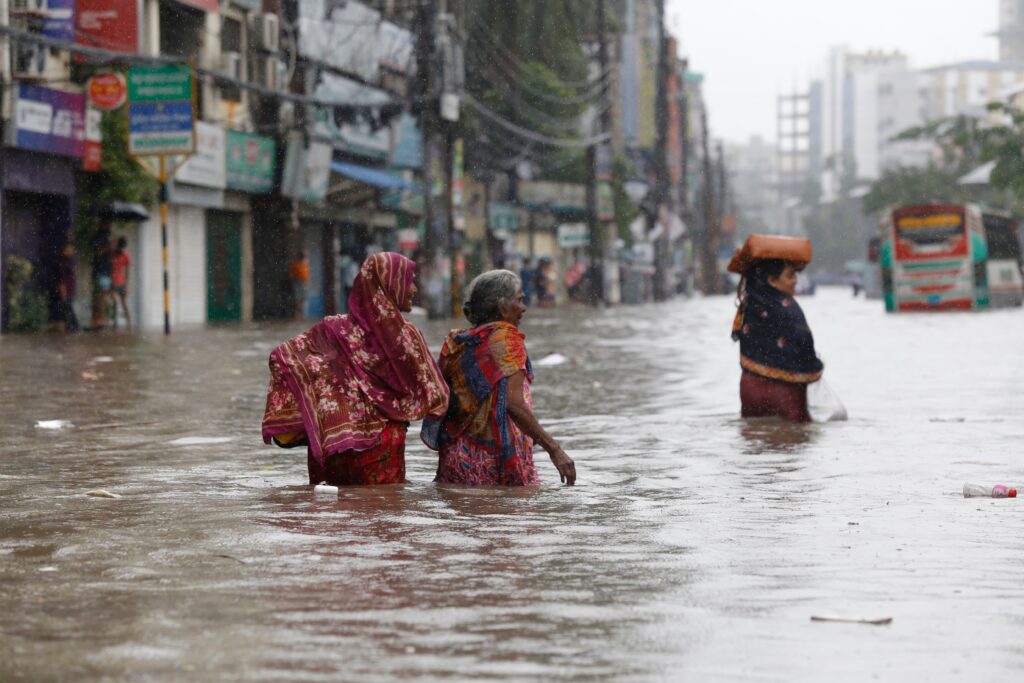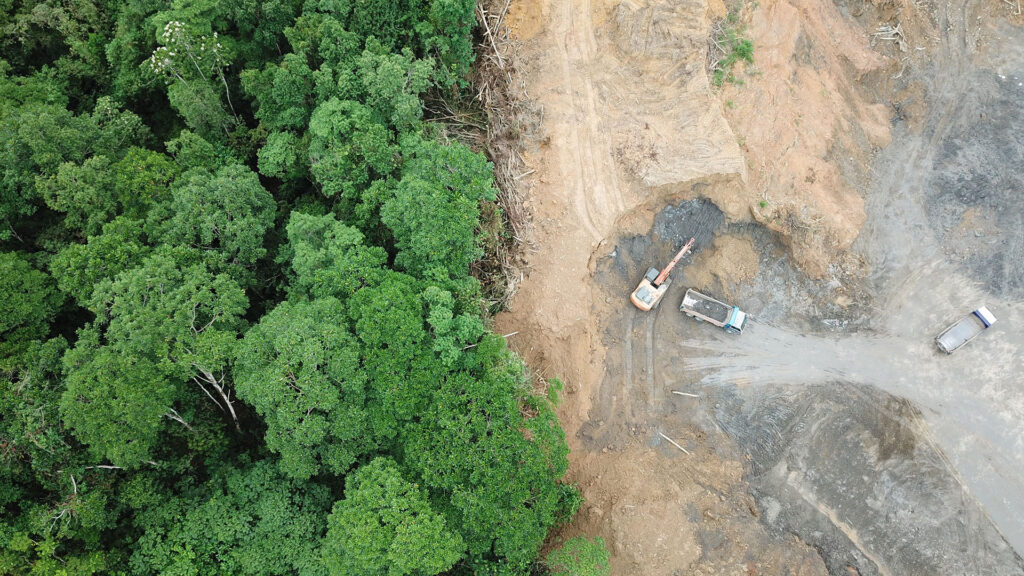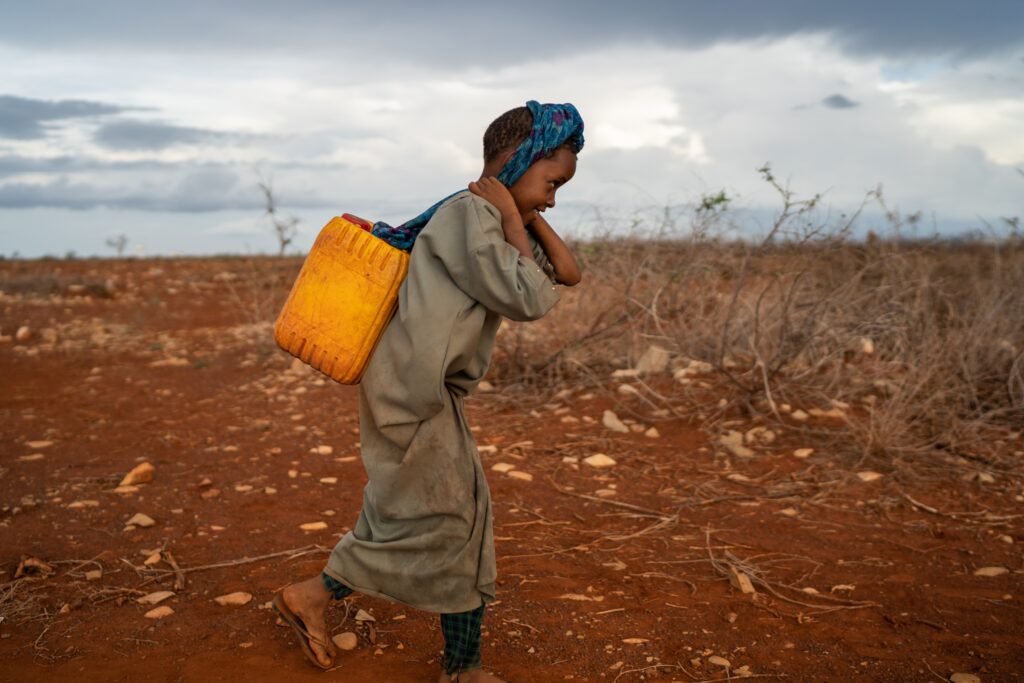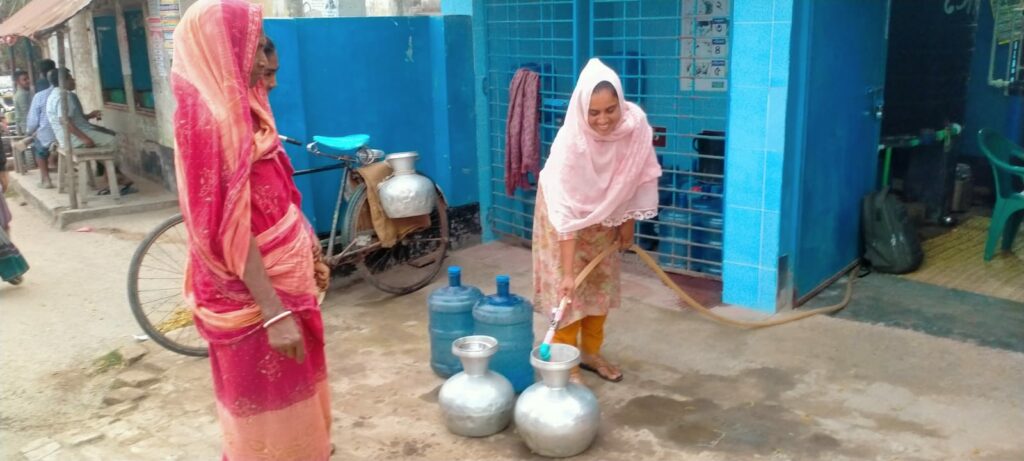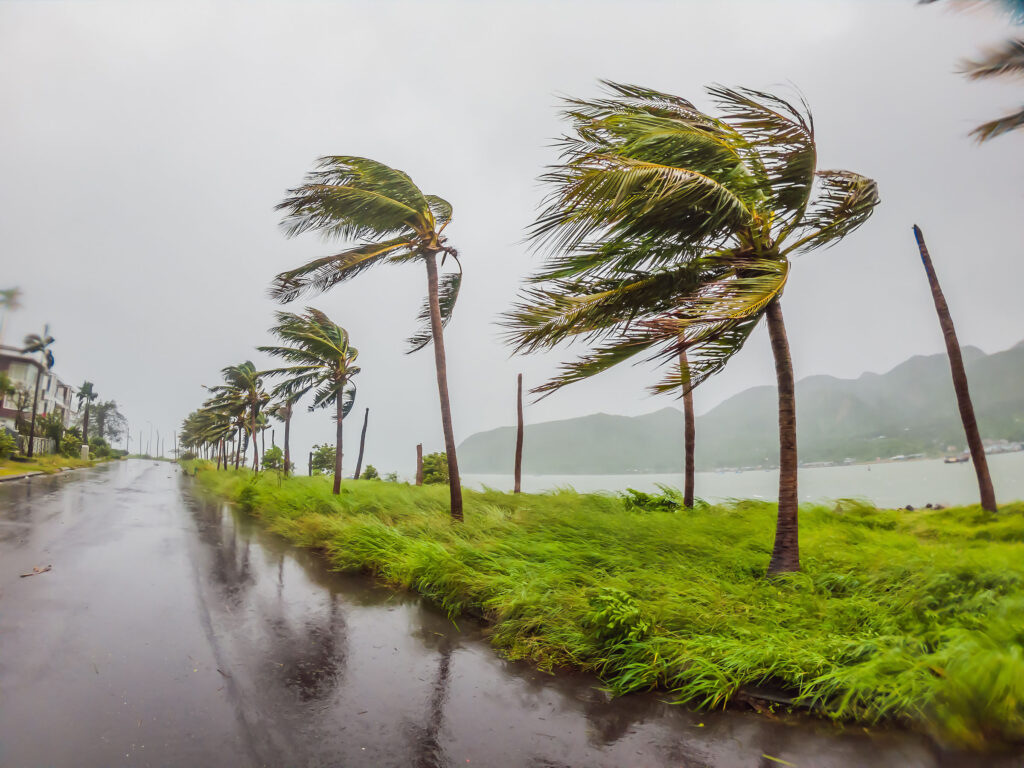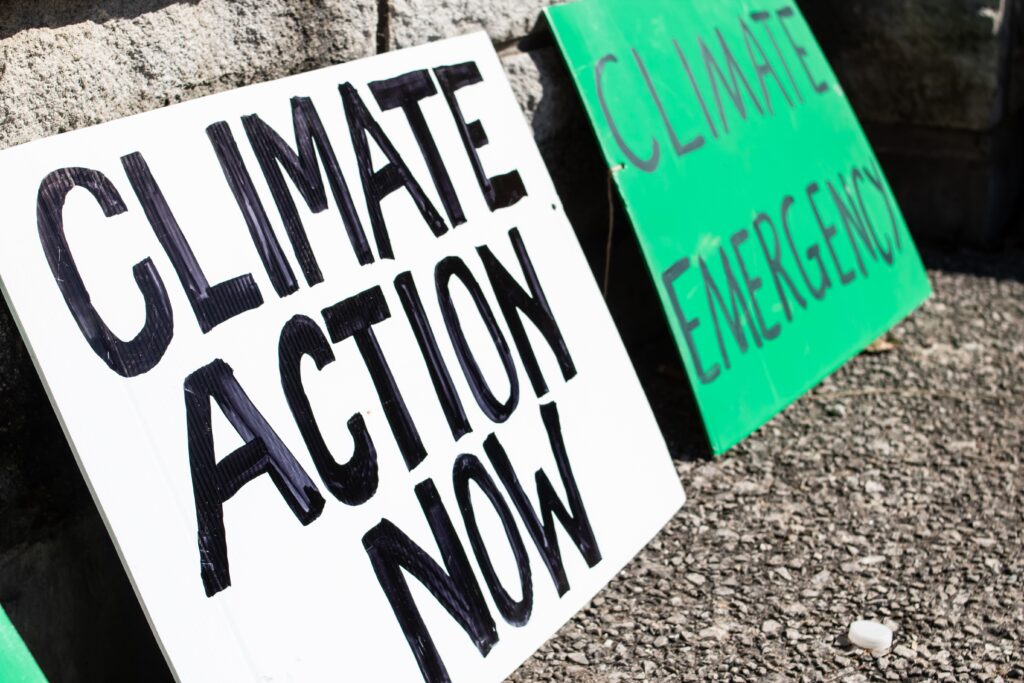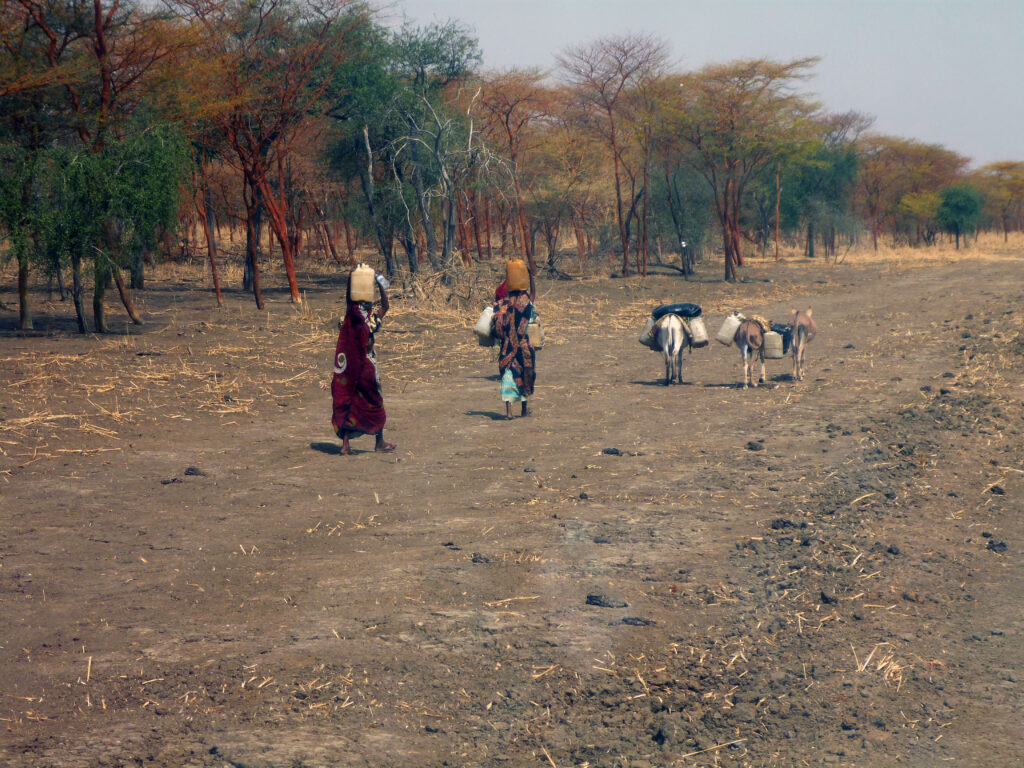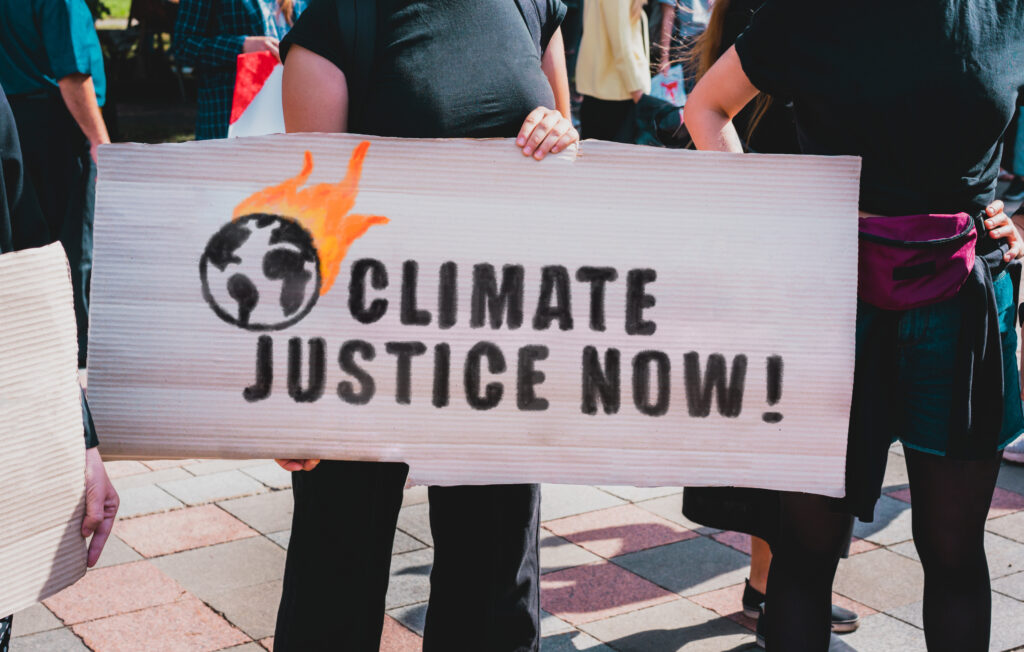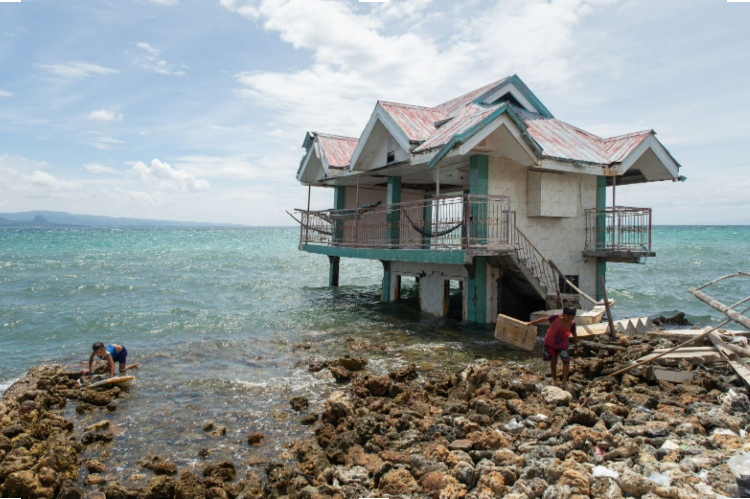The Verde Island Passage is a biodiversity hotspot in the Philippines, home to whale sharks, nudibranches and sea turtles. On its shores, communities have fished for a living for generations. To the San Miguel Corporation, it’s at the crux of an effort to import liquefied natural gas (LNG) and power the Philippines as it turns away from coal and oil, turning the fragile straight into a shipping superhighway.
Environmental Issues in the Philippines
Environmentalists are horrified, saying the LNG shipping development in the Philippines could further damage marine life along with the livelihood of local fishing communities, after the area known as the “Amazon of the oceans” already suffered a catastrophic oil spill.
San Miguel, a mega-corporation originally founded in 1890, best known for its beer, wants to build power plants in the area that use liquefied natural gas, which it pitches as a cleaner fossil fuel.
The Verde Island Passage, a strait that separates the islands of Luzon and Mindoro, connects the South China Sea to major shipping routes, leading many investors to eye LNG projects there.
Major banks, including Barclays, HSBC and Standard Chartered, have invested significantly in fossil fuel projects in recent years, according to The Guardian. Standard Chartered has been a leading financier for San Miguel Corporation over the past five years.
But, the passage is already being threatened by existing shipping and development, leading residents to fear that more projects will lead to irreversible damage.
LNG Projects of San Miguel Corporation
Ilijan, a village on the Verde Island Passage coast in Luzon’s southern Batangas province, used to rely on fishing before a natural gas-fired power plant, now operated by San Miguel Corporation, opened two decades ago. Now, only 19 of the 4,880 residents are fishermen, according to a March report by the Philippine Center of Investigative Journalism.
“Fish are few and fuel prices are soaring. Other fishers decided not to restore their boats anymore,” Nanding Daquis, leader of the Ilijan fisherfolk association, told PCIJ. “It’s as if they have given up on fishing.”
The area entered the international spotlight in February when the MT Princess Empress sank in the neighbouring Tablas Strait, just off the coast of Oriental Mindoro, while carrying over 800,000 L of heavy industrial oil. In March, the resulting oil slick was reported to have reached Verde Island.
The tanker was chartered by SL Harbor Bulk Terminal, which is a subsidiary of the San Miguel Corporation. To date, however, San Miguel has remained silent about its role in the oil spill.
The oil spill continues to have cataclysmic effects on the area’s fragile ecosystem. At least 21 marine-protected areas could be affected by the spill, according to the Department of Environment and Natural Resources. The spill has also left residents of Oriental Mindoro’s coastal towns unable to catch fish, which they rely on for a living.
“Those responsible for this disaster owe a debt to all victims and future generations, a debt which can only be paid with transparency and accountability,” Fr. Edwin Gariguez, the lead convenor of the Protect Verde Island Passage Network, said in June.
The MT Princess Empress was carrying black oil, not natural gas, but the disaster clearly illustrated the dangers of developing and shipping LNG in the Verde Island Passage, said Liza Osorio, a legal and policy director for Oceana.
“We fear for the worst,” Osorio said.
Transition to LNG
The government argues that transitioning to LNG is necessary before moving to fully renewable energy. Environmental advocates disagree, saying the infrastructure is already in place to make a switch to fully renewable energy sources that will not have destructive effects on the natural environment.
In his July State of the Nation address, President Ferdinand Marcos Jr. said the Philippines wants to expand its renewable energy production to “a 35% share in the power mix in 2030, and then on to 50% by 2040” — up from its current share of 29%.
But Marcos also advocated for more gas exploration, and environmental groups called his proposal unambitious.
“The country does not need the transition to natural gas,” Osorio said. “Renewable energy is now readily available and now within reach.”
The Department of Energy last year introduced a green energy auction program, which is intended to generate private sector interest in the procurement of clean energy. The auction’s latest round had a low turnout, but experts say the program is still succeeding in generating interest among private companies to bid on projects – allowing the government to reach its renewable energy goals.
“This readiness to adopt [renewable energy] is made possible with a better enabling environment for renewable energy adoption,” Osorio said.
Impacts in the Philippines
And despite their promises of bringing jobs and prosperity, existing LNG projects in the Verde Island Passage, such as the LNG import facility in Ilijan, have not always gone over well within communities.
Several fishermen in Ilijan told PCIJ they had only received relief goods from the local government after the LNG plants took away their ability to fish. Because the projects enjoyed support from residents who would financially benefit, they felt nothing could be done about it.
Its also raised fears that the San Miguel Corporation, which has a history of investment in fossil fuels, would not be held liable should its projects lead to environmental degradation.
San Miguel profited from coal projects for decades before making its plans to pivot to LNG projects, according to a June report by the Center for Energy, Ecology and Development (CEED), a Manila-based NGO.
Gerry Arances, the executive director of CEED, called San Miguel’s promotion of natural gas “costly not only to our planet and environment but also to the pockets of Filipino consumers”.
And as San Miguel has already failed to take responsibility for its role in the MT Princess Empress oil spill, there is little hope that it would be held accountable for ensuring its LNG projects don’t harm the environment. For fishing villages in the area, it may already be too late.
“With a notably weak regulatory framework,” Osorio said, “there is a very slim chance for LNG development to happen responsibly in this country.”
Nick Aspinwall
Journalist, New York
Nick Aspinwall is a journalist based in New York. He was previously based in Taipei and Manila. He reports on migration, the environment, labor rights, and the human consequences of geopolitics. Nick’s work has appeared in The Washington Post, The Daily Beast, Vice, Al Jazeera, The Nation, Foreign Policy, Reuters, The New Humanitarian and many more. When he’s not reporting, he’s probably on a diving boat or getting lost in a mountain range.
Nick Aspinwall is a journalist based in New York. He was previously based in Taipei and Manila. He reports on migration, the environment, labor rights, and the human consequences of geopolitics. Nick’s work has appeared in The Washington Post, The Daily Beast, Vice, Al Jazeera, The Nation, Foreign Policy, Reuters, The New Humanitarian and many more. When he’s not reporting, he’s probably on a diving boat or getting lost in a mountain range.

